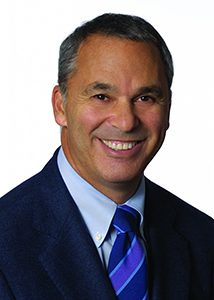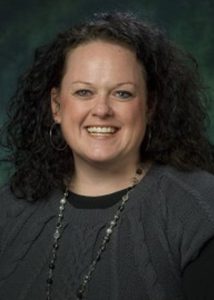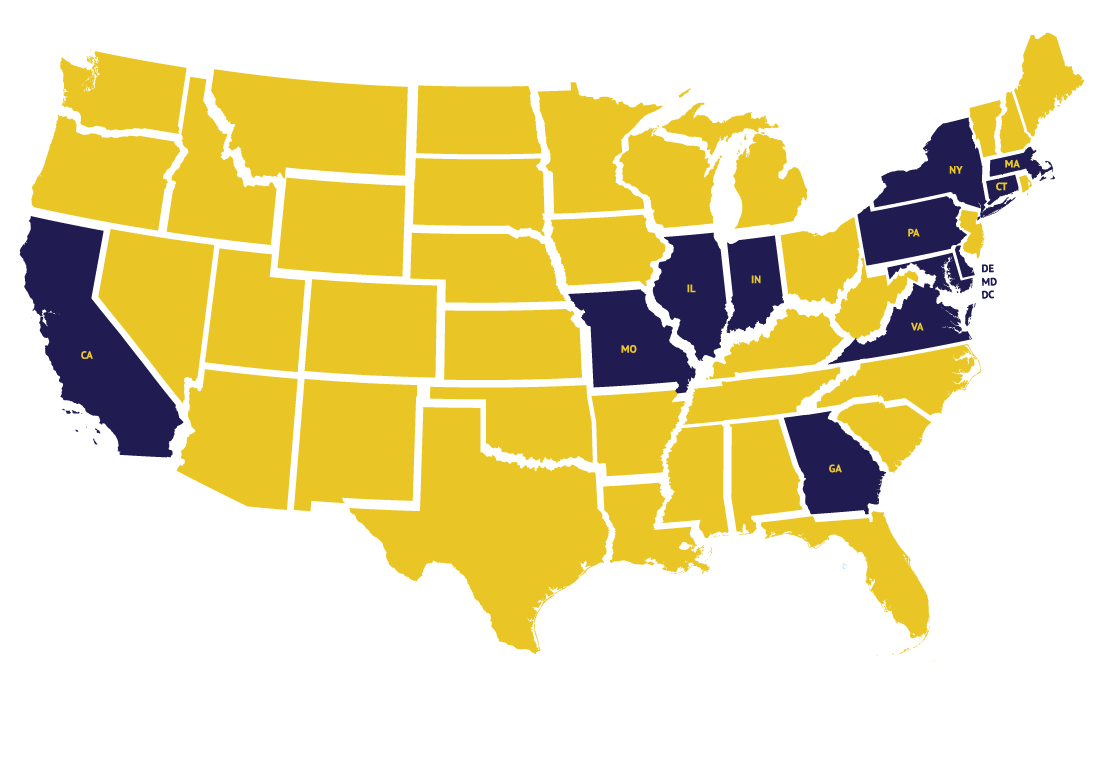Policy Institutes: Our Mission
Risk Issues: Sexual Assault. Cyber Misconduct. Harassment. Campus Safety. Title IX Compliance. Student discipline. Faculty and staff training. Government mandates. Public accountability with steep liability. Gender-based discrimination. Same-sex sexual assault. Male victims. Bystander intervention. Responding to the accused.
The Policy Institute Provides Practical, Customizable Solutions and Skill Building. Acquire current legal standards. Establish best practices for response and prevention strategies. Learn federal and state laws and litigation lessons learned. Understand technology’s intersection with sexual misconduct. Train comprehensively. Practice investigation techniques.
Tailored to K-12 and Higher Education. Community and Government Agencies. For ALL educational instutions. Private or public. Large or small. Religious or nondenominational. Urban or rural. Greek. Military. Athletics.
Essential Tools for an Updated Approach
- Grasp changes in laws and definitions over the last decade.
- Understand “actual notice,” “fundamental fairness,” “providing notice,” and “deliberate indifference”.
- Craft a comprehensive sexual misconduct policy.
- Define technology-related sexual misconduct, consent, incapacity, sexual exploitation, and more.
- Set standards for properly processing complaints parallel with criminal and civil proceedings.
- Recognize the rights of an accused student and an alleged victim.
- Obtain strategies to best educate faculty and staff on sexual misconduct and response protocol.
- Utilize research supported methods to educate students, including integration into existing curricula and developmentally appropriate content for students of all ages, genders, religious affiliations, socio-economic backgrounds, and sexual orientations.
Our Faculty
We represent the nation’s leading experts on sexual misconduct and technology issues facing academic institutions. Each Policy Institute features a unique team of five to nine trainers.
 Mark Brossman
Mark Brossman
Partner, Schulte Roth & Zabel, LLC
Mark Brossman is co-head of the Employment & Employee Benefits Group with concentrations in ERISA, employment discrimination, labor relations, and related litigation. Mark is known for his expertise and representation of educational institutions including independent schools, colleges, universities, professional training programs and education-related associations. He has served as an instructor in the Columbia University Teacher’s College and as a lecturer in the Cornell University ILR School’s Labor Relations Studies Program.
 Nancy Chi Cantalupo
Nancy Chi Cantalupo
Associate Vice President for Equity, Inclusion and Violence Prevention; NASPA
With more than 19 years of experience combating sexual harassment and violence in education, Nancy Chi Cantalupo is an expert on gender-based violence. She has experience as an adjunct professor at Georgetown Law, research fellow for the Victim Rights Law Center, a victim rights attorney, researcher and author.
 Christopher Kilmartin
Christopher Kilmartin
Professor of Psychology, University of Mary Washington
Dr. Christopher Kilmartin is a professor, author, stand-up comedian, actor, playwright, consultant and licensed clinical psychologist. He is the author or coauthor of The Masculine Self, Men’s Violence Against Women: Theory, Research, and Activism, Overcoming Masculine Depression: The Pain behind the Mask, and Sexual Assault in Context: Teaching College Men about Gender. Dr. Kilmartin recently concluded a three-year consultation with the US Naval Academy on a revision of sexual assault and harassment prevention curriculum.
 Katie Koestner
Katie Koestner
Executive Director; Campus Outreach Services
Katie Koestner has been committed to promoting student safety since she was the first to speak out nationally at age eighteen as a survivor of date rape. From the cover of TIME Magazine and The Oprah Winfrey Show to Phillips Academy Andover and West Point, she ubiquitously captivates and challenges audiences to confront injustice.
 Maureen McGuinness
Maureen McGuinness
Dean of Students and Assistant Vice President for Student Affairs, The University of North Texas
”Dr. Moe” is dedicated to educating communities on prevention, bystander education, training and education efforts. She is the chairperson of the CARE Team to assist students who might be a threat to themselves or others and is responsible with UNT Police and Risk Management for educating students on campus safety issues such as drugs, sexual violence, alcohol, shots fired on campus, hazing, etc.
More Faculty
Kegan Allee, Associate Director, Student Judicial Affairs and Community Standards; University of Southern California
Greg Bernabeo, Partner, Saul Ewing
LaurenBernstein, Assistant Director of the Respect Program; Emory University
Chimi Boyd-Keyes, Founder, CBK Enterprises
Mark Brossman, Partner, Schulte, Roth, & Zabel, LLP
Nancy Cantalupo, Research Fellow, Victim Rights Center; Researcher, Georgetown Law
Michelle Carroll, Campus Coordinator, NYSCASA
Ashlee Canty, Fraternity and Sorority Advisor, Depaul University
Marc Casarino, Partner; White and Williams, LLP
Matt Colpitts, Dean of Students, Interlochen Arts Academy
Nancy Conrad, Chair, Labor and Employment Group and Education Law Group; White and Williams, LLP
Brandon Dawson, Dean of Student Life, Elmira College
Sam Duame, Vice President, Fred C. Church, Inc.
Chris Duble, Executive Vice President, Fred C. Church, Inc.
Katie Eichele,Director, The Aurora Center for Advocacy & Education, University of Minnesota
Chris Fiorello, Director of Student Conduct and Academic Integrity, Marymount University
Will Hannum, Managing Partner, Schwartz Hannum PC
Jules Irvin-Rooney, Legal Consultant, Title IX and Clery Act Consulting
Linda Johnson, Director and Co-chair of Education Law Group; McLane, Graf, Raulerson, & Middleton
Todd Kamenash, Director, Office of Student Conduct; Kent State University
Gary Kelly, Technical Lieutenant for Campus Sexual Assault Victims’ Unit, NY State Police
Brad King, Sands Anderson PC
Katie Koestner, Executive Director, Campus Outreach Services; Director, Take Back the Night Foundation
Alli Tombros Korman, Executive Director for Culture of Respect, NASPA
Peter Langman, Psychologist, Author and School Safety Expert
Carl Crosby Lehmann, Principal, Gray Plant Mooty
Morgan Levy, Director of Equal Opportunity Compliance and Title IX Coordinator, University of Rochester
George Morrison, Associate; White and Williams
Morgan Levy, Director of Equal Opportunity Compliance and Title IX Coordinator, University of Rochester
Jennie O’Connell, Program Coordinator, Sexual and Relationship Violence Support Services (SRVSS); Kent University
Michelle Palladini, Police Officer, Stonehill College Police Department; Norfolk Police Department
Sara Goldsmith Schwartz, President; Schwartz Hannum, PC
Jody Shipper, Executive Director, Office of Equity and Diversity, University of Southern California
Jim Taylor, Partner, Saul Ewing
Replenish and Expand Your Resources
Institute Resource Center (available with registration)
- Electronic Policy Institute Manual: Over 100 pages of resources, definitions, case-studies, and more
- Model handbook policy
- Model response protocol
- Campus SaVE guidelines summary
- Crisis communications best practices
- Risk assessment surveys
- Training curricula for employees and students
More Resources
- Helping A Sexual Assault Survivor (DVD)
- Sexual Misconduct Online Training Center
- ThinkLuv: 30 minute Online Module
- ThinkConduct: Educational Discipline
- Complete Cyber-Related Sexual Misconduct Training (DVD)
- The Wellness Resource Library: 1,000+ Online Educational Tools on 25 Topics
- Onsite Programs
- COS Sexual Assault Student Program Options with Trailers
To learn more about resources, email us at Inspire@CampusOutreachServices.com.
Locations
Multiple Locations Coast to Coast
California
Connecticut
Delaware
Georgia
Illinois
Indiana
Maryland
Massachusetts
Missouri
New York
Pennsylvania
Virginia
Washington D.C.

Agenda
This is a sample agenda. Each Institute’s Agenda is located on it’s Registration Page.
| 9:30-9:45 am |
Check-in with Coffee and Snacks |
| 10:30-11:30 am |
Welcome and Policy FundamentalsWhat must handbooks include about sexual misconduct? How is the term defined? Differentiate between coercion and consent, intoxication and incapacitation, handbook policies and legal standards. Which rights should be stated?
|
| 9:45-10:30 am |
Interactive Mock Hearing: He Said-She SaidAre you prepared to respond appropriately to allegations of sexual assault? Two actors present a night of partying, drinking, and sexual interaction. Practice your interview techniques. Ask questions of the students to analyze the case.
|
| 11:30 am-12:30 pm |
Response ProtocolsDevelop the concept of consistent, thorough, and quality-controlled institutional response to sexual misconduct. Create a staff of confident, properly-equipped responders able to provide the ideal balance of options and support.
|
| 12:30-1:30 pm |
Lunch with Case StudiesSit with your team or mix it up. Discuss a sexual misconduct case. Propose an appropriate outcome using your expertise and new understandings from the morning. |
| 1:30-2:30 pm |
Disciplinary ProceduresExplore optimal practices for successfully balancing punishment, education, contract compliance, risk management, legal compliance, and institutional mission. Determine when to involve parents, legal counsel, and criminal authorities. Understand threat assessment, public relations strategies, and documentation practices.
|
| 2:30-3:30 pm |
Prevention EducationIf your school prohibits sexual activity, how do you best educate on sexual misconduct? What should a student who is in 5th grade know about sexual assault, if anything? What skills should college students have to “expect respect” in relationships? Impart school policies during training and education to increase adoption, ensure compliance with state and federal guidelines, and, in turn, reduce liability.
|
| 3:30-4:00 pm |
Synthesis: Application to the Case of Jake and EricaUtilize new skills and knowledge to re-analyze the morning’s case study. Recap essentials and examine the impact of their use at your institution. How can an unambiguous sexual misconduct policy affect the fate of Jake, Erica, and the entire school community? |






